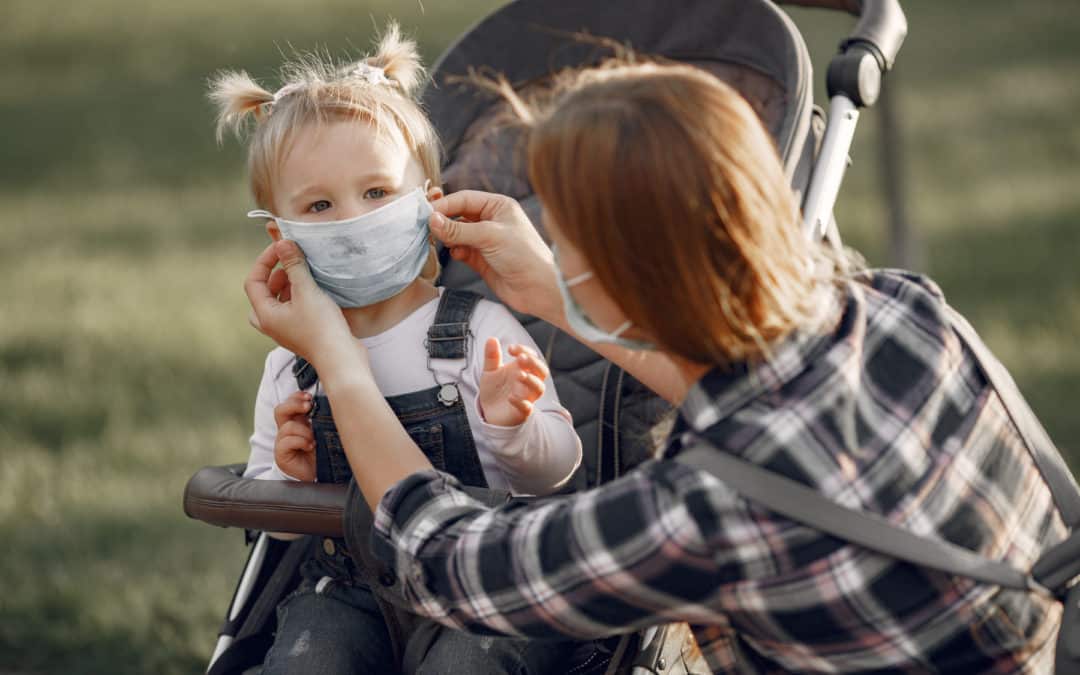If you are reading this item, you may be concerned about your health or someone close to you. You may wonder if that persistent cough or shortness of breath is due to air pollution. Typical symptoms of air pollution-related illnesses include chest pains, fast heartbeat, and shortness of breath. Children and older people, people with asthma, COPD (chronic pulmonary obstructive disease), and other lung disorders, e.g., cancer, are most at risk. Suppose you suspect you or somebody close to you have an illness related to air pollution. In that case, seeking medical attention as soon as possible is vital.
Symptoms of air pollution illnesses
Air pollution is air contamination by substances (gases or particulates, organic or inorganic) that are harmful to human life (including animals/crops). It is claimed that 137 million Americans (40% of the United States Population) live in communities with unhealthy air pollution levels(Respiratory Health Association.)
Air pollution is an excess of toxic gas such as nitrogen monoxide (as in vehicle exhaust) in the atmosphere or a complex mixture of (airborne) particulate matter (PM)
The PM presents the most risk, and the smaller the particles, the more significant the threat. The threat is greater because small particles (less than 10 microns) are drawn more deeply into the lungs. They become embedded in the lungs’ lining, affecting their efficiency, and can cause cancer. Larger particles are deposited in the nose or throat.
Ambient air pollution
Some ambient air pollutants that arise naturally include volcanic eruptions, spontaneous forest fires, sandstorms, wind-driven pollen, soil, or sea spray. Other ambient air pollutants are artificial. The most significant sources are generally the waste products of industrial production processes., by human activities (anthropogenic), such as burning or, worse still, the incomplete combustion of fossil fuels, crop spraying, and vehicle emissions, especially by vehicles (industrial and domestic) and, heating (industrial and (domestic.)
Domestic air pollution
There are many indoor sources of indoor (domestic) pollutants.
Boilers, heaters, fire, stoves, and ovens that burn carbon-based fuels, e.g., coal, coke, gas, kerosene, and wood, all produce CO2, NO2, and particulates.
Cleaning and personal care products, building products, paints and glues, laminates, air fresheners, and polishes are all potential sources of air contaminants and volatile organic compounds (VOCs).
Reduce the risks
You can take some straightforward steps and precautions to improve the air quality in your daily life.
Cigarette smoke is one of the most potent indoor air pollutants. Quitting is the best approach. If this is not practical, avoid smoking indoors and in no circumstances in the presence of a young child.
Make sure your gas stove, if you have one, and any coal or oil-fired heating is well-ventilated and meets your area emission standards,
Change and wash bedding regularly a week,
Keep your environment dry with a dehumidifier or air conditioner. Make sure the exhaust fans are functioning in your bathroom and kitchen.
Keep the house as dust-free as possible. Don’t use air fresheners too often, and save lighted candles for special occasions.
Compost or recycle your waste – Don’t burn it.
These are simple things you can do around the house. But there are steps you can take when you are out and about to minimize your exposure to air pollution. They are primarily related to motor vehicle exhaust fumes.
Avoid walking, especially with babies and toddlers, during busy times. Try to keep toddlers away from or above the level of vehicle exhaust.
As a pedestrian or driver, avoid traffic hotspots and idling vehicles.
Outdoor exercise is good for you and your children, but ensure you are in a less polluted area, i.e., away from traffic.
Why do children need special care?
The lungs of young children are (0 – 5 years), and air pollution can affect this biological process. Any damage done now may last a lifetime.
At this stage of their development, babies are less able to cope with the toxic gases or particulates in air pollution – substances that can interfere with their cognitive development.
Babies are active and inhale twice as much air per unit of their body weight as healthy adults – twice as much air means twice as much air pollution.
You can reduce the risk to yourself and your family by following the guidelines above.
Always remember that if you suspect you or somebody close to you has an illness related to air pollution, seek medical attention as soon as possible.

